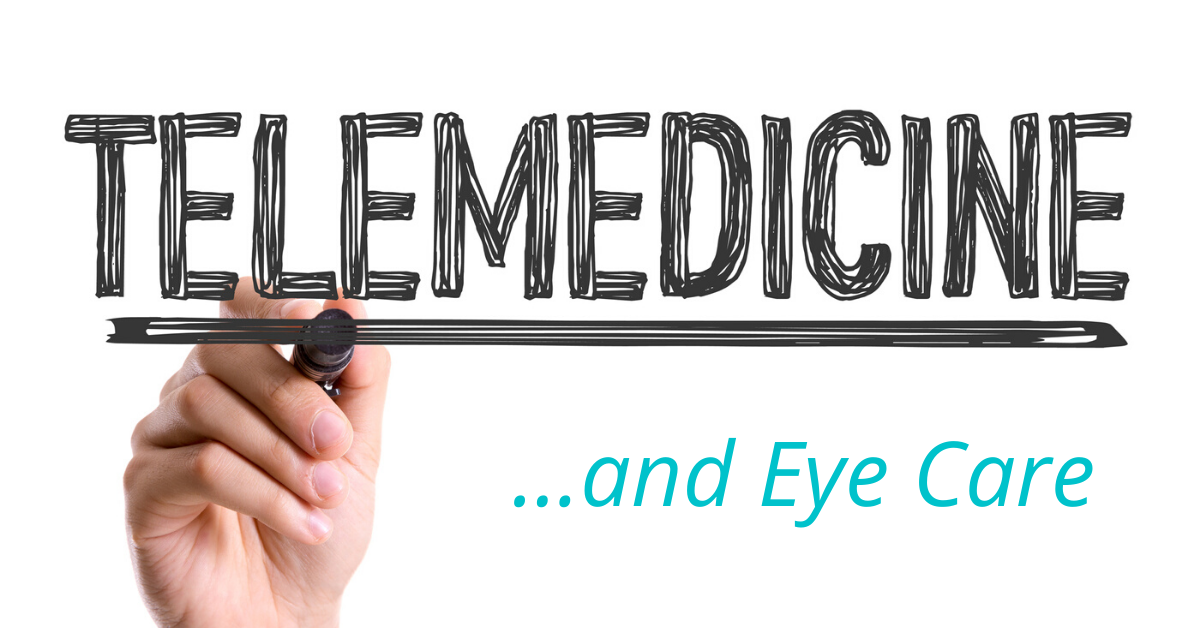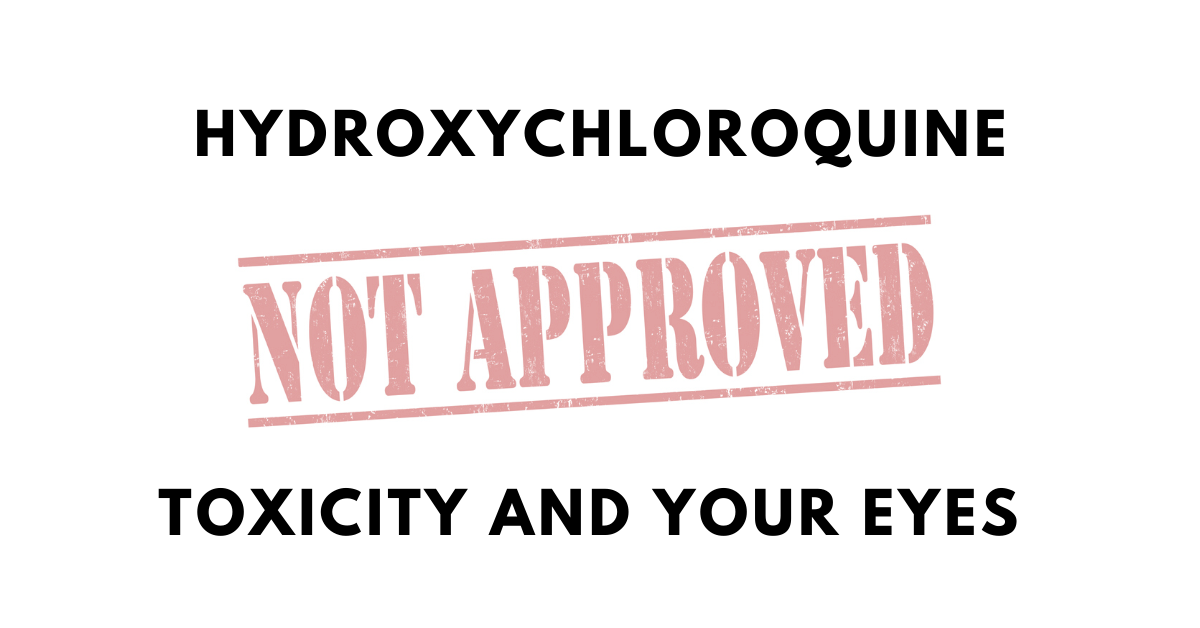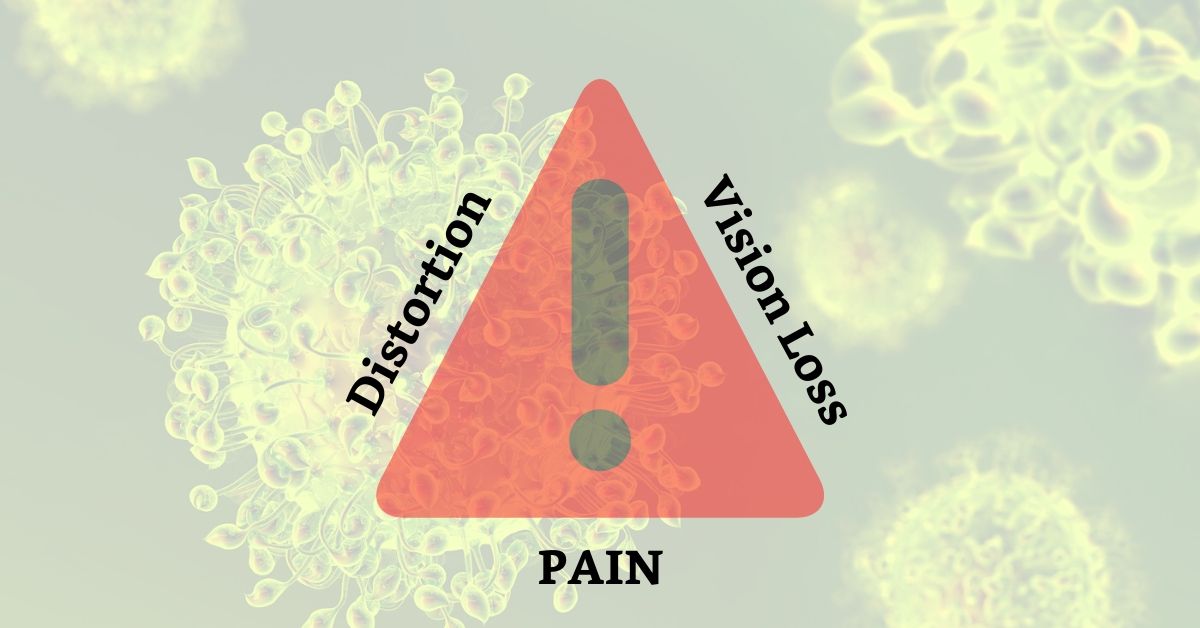It’s May 2020 and we are in the midst of the pandemic. In most states, stay at home orders have been in effect for about 6 weeks and healthcare has been moving along with guidelines designed to not stress our healthcare system.
In March, the American Academy of Ophthalmology and Centers for Disease Control and Prevention made strong recommendations to ophthalmologists to reduce patient care to those with urgent and emergent conditions.
About the same time, the American Academy of Ophthalmology and CMS introduced several changes to promote the use of telemedicine as an alternative to face-to-face examinations. The idea is to reduce COVID-19 exposure to ourselves, our staff and patients.
What is Telemedicine?
Until the pandemic, telemedicine was probably used loosely to refer to the remote screening and management of patients. Telemedicine has the potential to help patients in remote areas (rural communities, war zones) where healthcare is sparse. Telemedcine has the potential to screen and triage patients, but since the pandemic, telemedicine might substitute as an office visit if you are unable or unwilling to expose yourself to others who might be infected.
Most commonly, telemedicine uses our phones and computers to create audio-visual connections between patients and providers.
While the exact platforms (digital programs) vary from office to office, a connection providing audio and visual information is at the core of effective telemedicine.
Common platforms for telemedicine include:
- Face Time
- Facebook Messenger Video
- Google Hangouts
- Zoom
- Go-to-Meeting
- Skype
- Others
Many of us are already using these platforms for connecting with friends, family and business colleagues. Ask your own doctor/healthprovider to see what platforms they are using.
What You Need for Your “Appointment”
In most cases, you’ll need your smart phone. While an Internet connection and a computer may suffice, it may add technical complexity to speaking with your provider.
In addition to having the proper digital tools, be prepared to have or do the following:
- Give consent to the telehealth visit (minors need parental permission)
- Current health problems and details
- Medical history
- List of medications
- Knowledge of operating your device (e.g. can you take a selfie?)
Your eye doctor may be able to check your vision remotely and examine different parts of your eyes and face. You will likely need to assist by changing positions and changing camera angles. For ophthalmology, taking a “selfie” may be necessary.
Your provider should have a discussion with you – be prepared by having a list of questions ready before starting the visit.
Your provider may ask you to follow up with pictures, emails or texts.
Telemedicine for Retina Specialists
Telemedicine works better for some specialists and not as well for others. For instance, telemedicine probably works great for psychiatry, but perhaps not as well for dentistry.
Similarly, a retina specialist may have more difficulty fully utilizing the advantages of telehealth because patients must have a dilated exam. While there are screening devices available to avoid a dilated eye exam, these devices are available on a commercial basis and not available for home use.
In general, for a retina specialist to best examine and diagnose your retinal problem, dilating the pupils, optical coherence tomography and fluorescein angiography may need to be completed which requires a trip to the office.
Still, if you are having symptoms, such as acute loss of vision or pain, you may start your journey by calling your eye doctor to see if a telemedicine visit is right for you.
If you would like to schedule an appointment, please call us (877) 245.2020.



